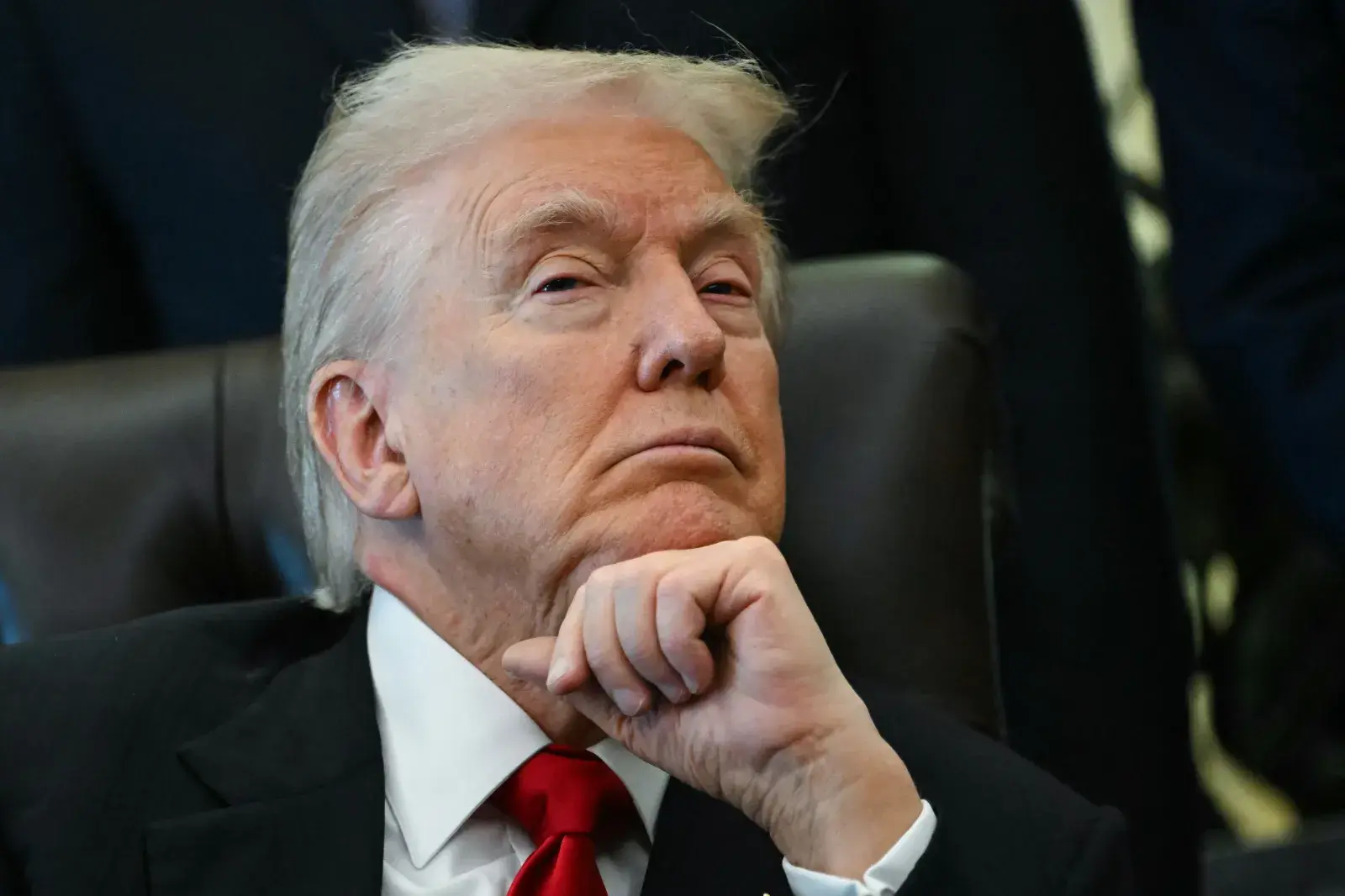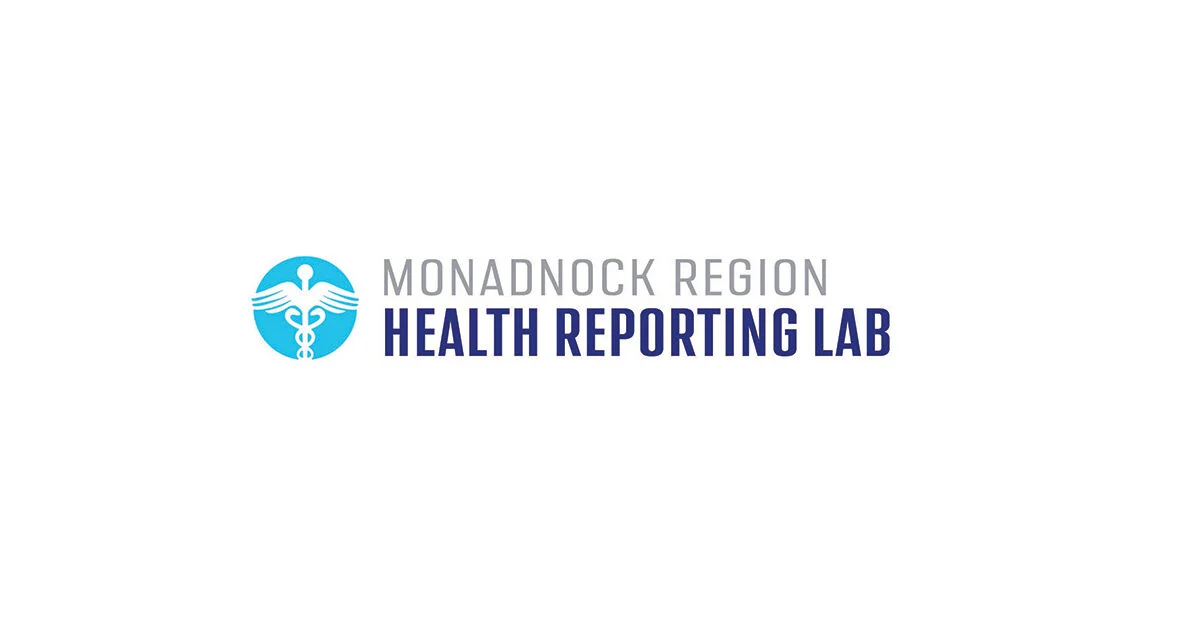Copyright newsweek

The price tag in the pharmacy is falling. In the grocery aisle, the rules are tightening. The Trump administration wants Americans slimmer from both ends of the checkout line: make weight-loss drugs cheap—as low as $149 a month for some doses—while letting states bar soda and candy from SNAP. It’s the same problem attacked two ways—the shot, and the shopping cart—and it could be the start of a quiet revolution in how America tackles obesity. Common Knowledge The populist pitch is simple: Deliver a headline price people can afford. “Those are going to be $150 out of pocket,” President Donald Trump said of GLP-1 weight-loss drugs; the plan unveiled yesterday pairs that target with a cash-pay channel (initially around $350) and about $50 copays in Medicare for qualifying patients. Supporters present it as classic deal-making: pressure list prices, bypass middlemen, and expand coverage for a blockbuster therapy. Conservatives apply the same logic to groceries: Stop using public benefits to buy sugar. Nebraska’s waiver to prohibit soda and energy drinks takes effect January 1, 2026. “There’s absolutely zero reason for taxpayers to be subsidizing purchases of soda and energy drinks,” Governor Jim Pillen said. A broader wave is following in red states. For the right, the two moves work together: subsidize prevention in medicine, stop subsidizing “disease fuel” at the register. Critics hear a different story: paternalism in the cart and theatrics at the counter. The Food Research & Action Center calls SNAP item bans misguided, arguing the better path is incentives and access rather than policing choices. Economist Craig Gundersen warns the restrictions threaten what makes SNAP work—its “dignity and autonomy”—and risk stigma without clear health gains. Even on drugs, skeptics note that price tags and press conferences don’t equal access: Supply, eligibility, and insurers decide who actually gets the medicine. Uncommon Knowledge Is Trump offering “subsidies” for cheaper drugs? Partly. The $50 Medicare copay is an insurance benefit—taxpayers finance the rest at negotiated prices (not at the old list). That’s a subsidy in the way any covered drug is subsidized. By contrast, the cash-pay channel (around $350, stepping down to $245) is a price agreement, not a government payment. And the $149 figure applies to oral GLP-1 starter doses if and when they’re approved; again, a negotiated price point, not a SNAP-style voucher. But here’s the number that snaps the comparison into focus: the average monthly SNAP benefit per person in is $190.59. If a $149 starter pill lands, a month of cutting-edge obesity treatment would cost substantially less than a month of food aid for the typical recipient. Three months ago, the cash market said the opposite: Ozempic at $499. The math has flipped; so, potentially, has the policy center of gravity. The cart is truly changing. USDA now maintains a public page for SNAP Food Restriction Waivers, which says that “the Trump Administration is leading bold reform to strengthen integrity and restore nutritional value.” Twelve states are approved to curb soda and/or candy purchases in 2026: Arkansas, Colorado, Florida, Idaho, Indiana, Iowa, Louisiana, Nebraska, Oklahoma, Texas, Utah, and West Virginia. It’s a break with decades of federal reluctance to draw “good food/bad food” lines. SNAP cannot buy medicine and never has; cheaper GLP-1s don’t “free up” food aid—they reshape health care costs, not SNAP mechanics. And, yes, the shutdown has disrupted or delayed benefits this month; but the structural shifts—price caps in the pharmacy, product bans at the register—are moving regardless. The Trump administration is trying to redefine America’s approach to obesity with price on one end and permission on the other.



